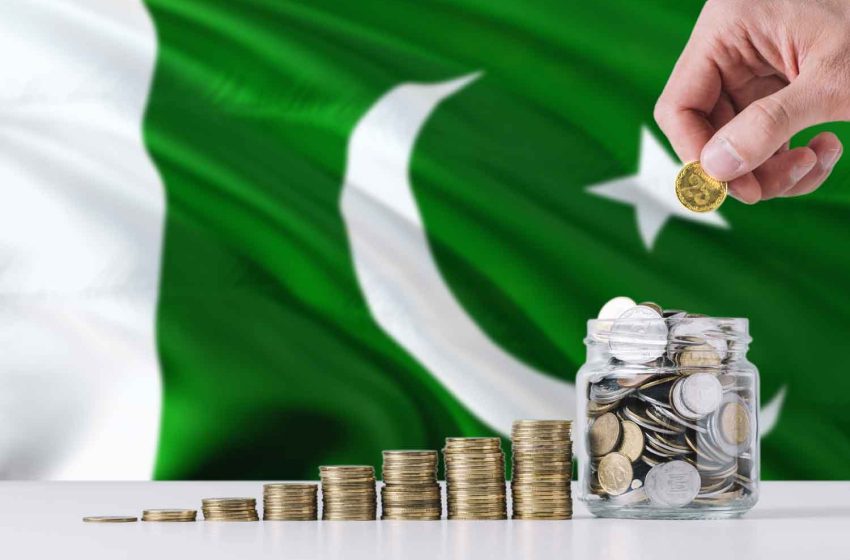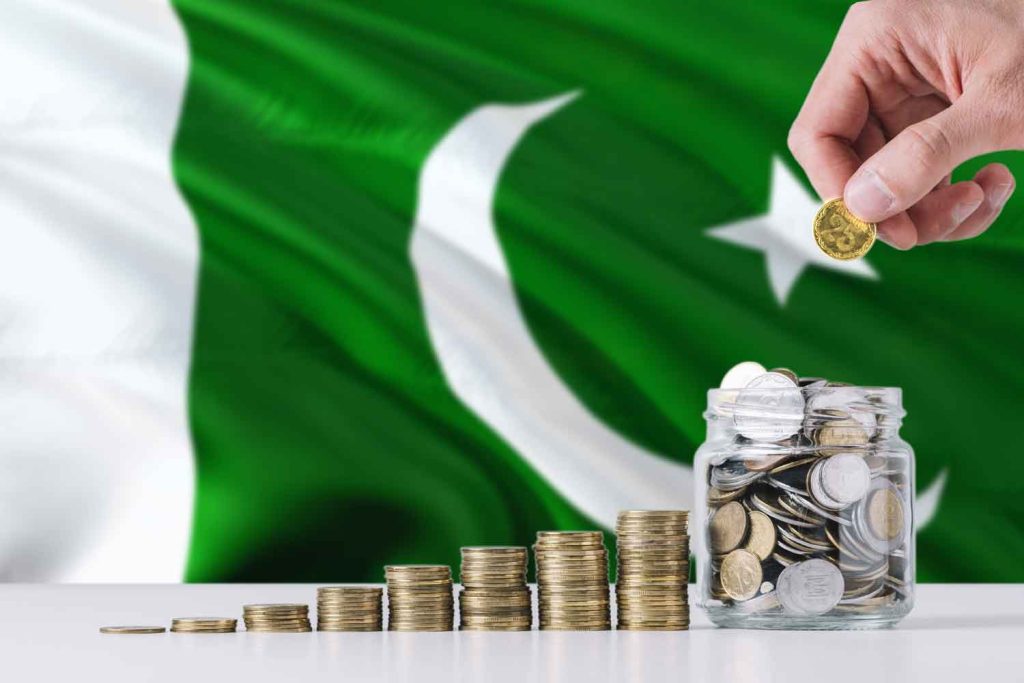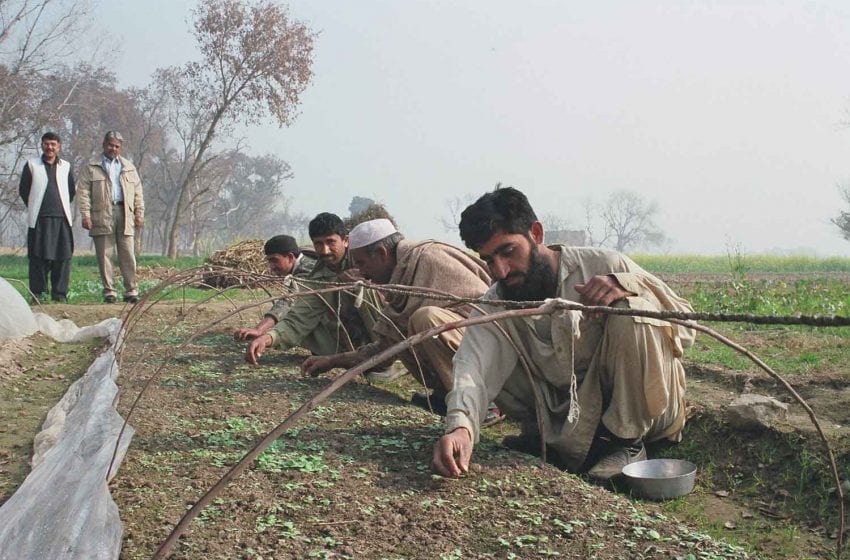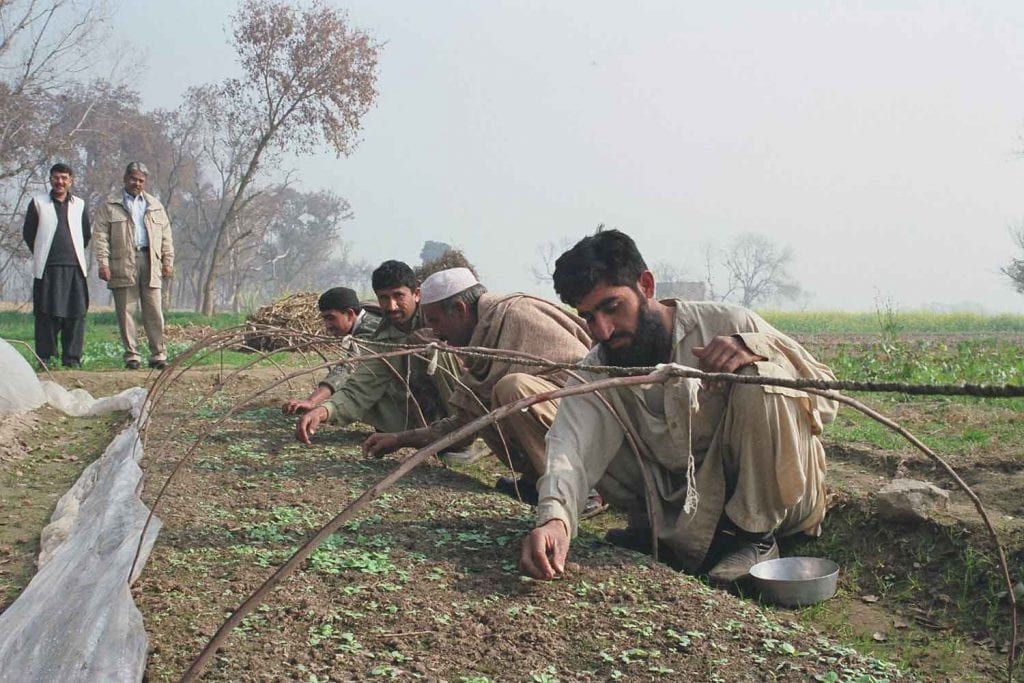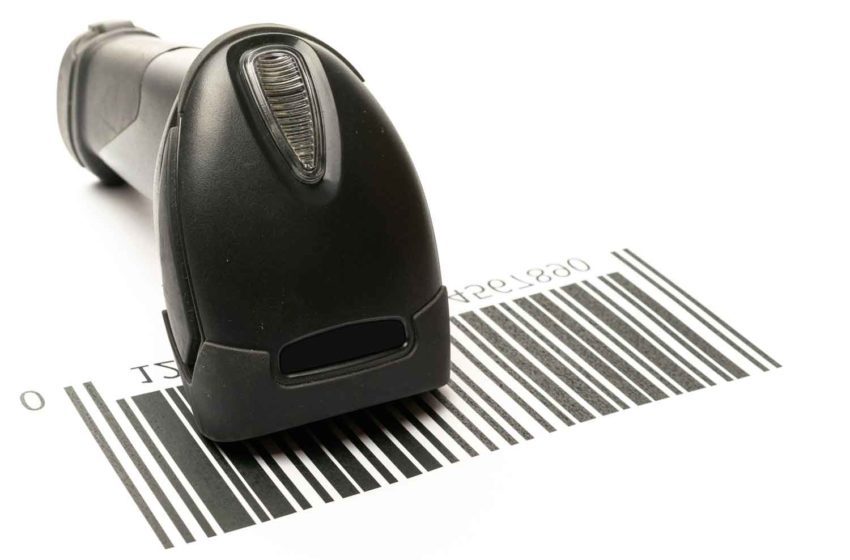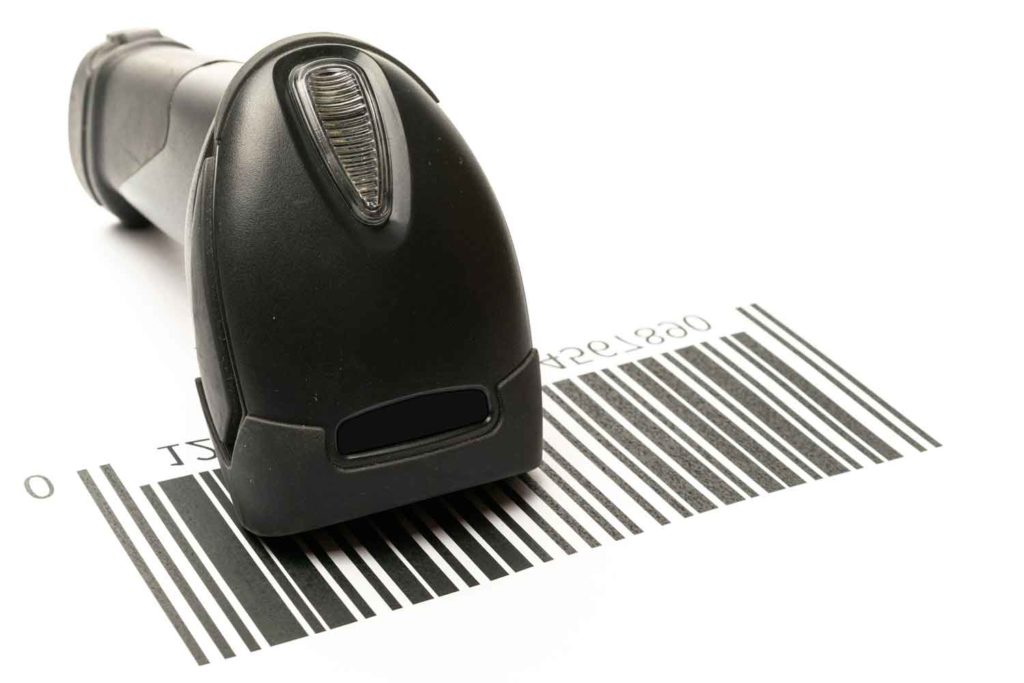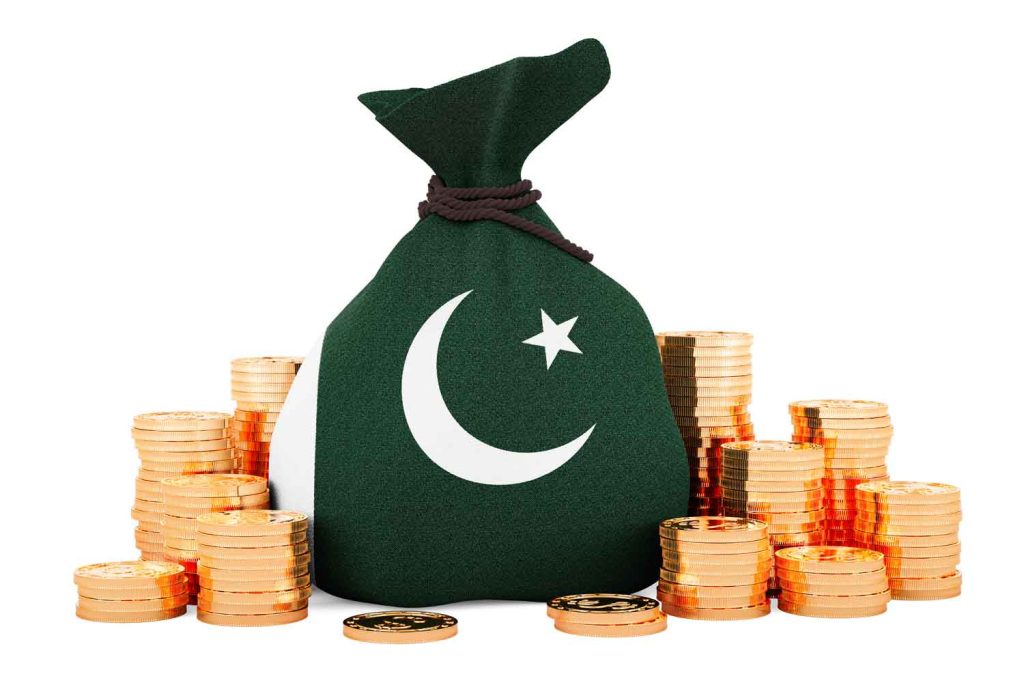
The chief financial officer and executive director of Philip Morris International in Pakistan has asked the government to reconsider a hike in federal excise duties (FED), reports The Tribune.
In February, the government increased the FED by 200 percent for the current fiscal year, causing legal cigarette sales to drop considerably.
PMI suffered an almost 70 percent decline in sales and a 60 percent drop in production in March and April. “This downward trend is expected to persist in the coming months due to the rise in illicit cigarette sales,” said PMI’s Muhammad Zeeshan.
BAT subsidiary Pakistan Tobacco Co. also scaled back production in the wake of the tax hike, citing fierce competition from the black market. In a letter to the Federal Board of Revenue, the company stated its intention to re-export four cigarette making machines due to a decline in sales volume. The company has reportedly already shut down eight of 10 production lines at its Jhelum facility.
Zeeshan told journalists that the high FED not only depresses fiscal revenue, but also fuels the illicit market, exacerbating the government’s financial challenges.
In the quarter that ended March 31, 2023, PMI paid PKR5.99 billion ($2068 million) in excise duty, sales tax, and other government levies in Pakistan—16.4 percent less than in the previous period. Zeeshan attributed the drop to the decrease in sales owing to the rise in cigarette prices following the tax hike.
He warned that the government’s revenues from the tobacco industry would likely fall short of the targeted PKR260 billion after the FED hike.
Illicit sales account for approximately 40 percent of Pakistan’s tobacco market, according to Zeeshan. Without an adjustment of fiscal policies, it is likely to grow to 50 percent, he warned.
Health activists have accused the tobacco industry of overstating the decline of production to influence policymakers’ discussions about the upcoming budget, according to Business Recorder.


